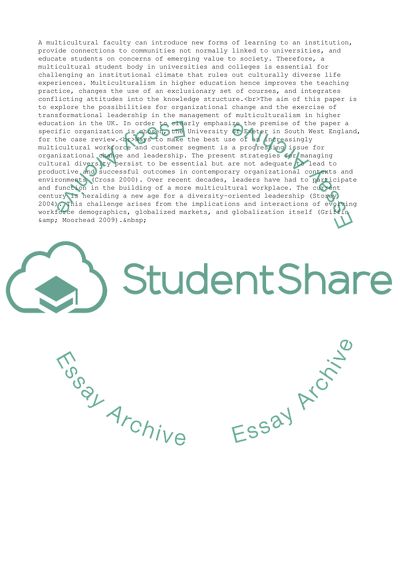Cite this document
(The Applicability of Organisational Change and Transformational Research Paper, n.d.)
The Applicability of Organisational Change and Transformational Research Paper. Retrieved from https://studentshare.org/management/1734334-organisation
The Applicability of Organisational Change and Transformational Research Paper. Retrieved from https://studentshare.org/management/1734334-organisation
(The Applicability of Organisational Change and Transformational Research Paper)
The Applicability of Organisational Change and Transformational Research Paper. https://studentshare.org/management/1734334-organisation.
The Applicability of Organisational Change and Transformational Research Paper. https://studentshare.org/management/1734334-organisation.
“The Applicability of Organisational Change and Transformational Research Paper”, n.d. https://studentshare.org/management/1734334-organisation.


